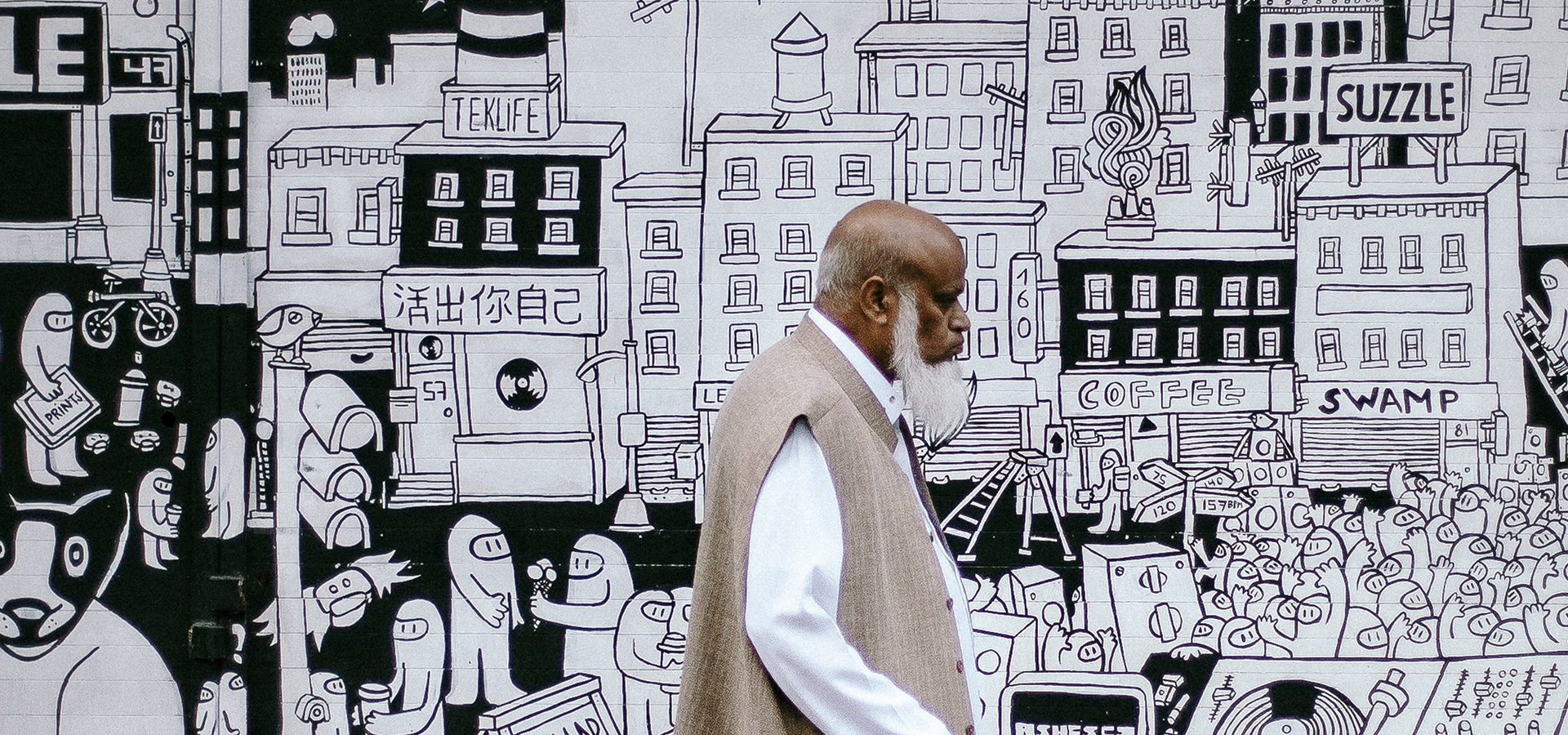
Cultivating Culture in Every Moment
You have no idea the impact you can have on someone’s life in any given moment.
This is the simple, yet profound lesson in Drew Dudley’s fantastic TEDx talk, Everyday Leadership; a beautiful talk about formal and informal leaders committed to creating the culture they want in their organizations.
Not all moments are remembered. Not all moments are life-changing. Yet, it is important to act as if every moment has the potential to be. Recognizing this truth is especially important for formal leaders, as leader role modeling is the most powerful tool in cultivating and sustaining the desired culture in an organization.
Simply, every moment matters.
As I watched the Dudley talk for about the 100th time recently, I was reminded of just such a moment in my own career. A moment that teaches me to this day, quietly guiding my actions.
Like most great leadership stories, this one happened in the men’s washroom. (Okay, most leadership stories don’t happen there.)
Several years ago, I was working for the largest healthcare provider in San Diego. After lunch, I entered the washroom to clean my hands. As I entered, I noticed one of the organization’s Senior Vice President’s (Ky Lewis) already at one of the sinks.
After drying his hands, he took a few more paper towels and wiped down the countertop around his sink and the two on either side. Then, Ky said “hi” to me and left. A simple act he probably had done 1,000 times before, yet here I sit a half-dozen year later recounting the story.
From that day, I have replicated this simple act countless times in my offices, clients’ offices and businesses around the country. I know I’m no hero, but it does demonstrate an ownership and care for my colleagues and clients, whether they see it or not.
Witnessing Ky taking the time to wipe countertops, clearly demonstrating such a task wasn’t beneath him was profound for me. It demonstrated pride in the organization, ownership in our workspace, and a kind gesture for the next person using the sink.
I am 100% confident he doesn’t remember our brief encounter. I am also 100% confident he’s still wiping down countertops. (Update: Ky read this article. He confirmed both statements as true.)
Cultivating a culture is about decisions, actions and habits. When leaders demonstrate the right type of behaviors they are more likely to have sustained success in cultivating the culture they want. When leaders don’t proactively demonstrate them, there is no chance; a grave, but true assessment.
What does it mean to role model? What does it take? Here are four things to consider:
Visibility
You can’t role model for your team if the team doesn’t see you. Leader visibility means choosing to put down one’s phone and get out from behind one’s desk to proactively engage with the team and be present in moments with colleagues.
Discipline
Doing what you know you should do even when you don’t necessarily want to do it is the essence of discipline. Discipline in role modeling is demonstrating the behavior even when you don’t feel like it – picking up the piece of paper you see 15 yards out of your way, following up to see if a problem has been solved, not just hanging out with your peer group at gatherings, etc.
Language
Use the language of the organization to connect to purpose, values, strategy and provide context. Be mindful of how you speak about others and the organization. Avoid turning organizational language –values, programs, initiatives– into punch lines. As many have said, what you permit, you promote.
Awareness
Consider your leadership blind spots. Every leader has them. It could be the person you unconsciously favor in meetings, the way you scrunch your face when you don’t like an idea, or, as I have been told, RBF. Words, action and even unintended body language can instantly lift your team up or send them into a tailspin.
As a leader, you should role model positive behaviors because it is the right thing to do and people are always watching leaders. Team members take their cues from you – what to do and what not to do. Decisions lead to actions which lead to habits that demonstrate the actual, not aspirational, culture of your organization.
Written while listening to Introductions by Takénobu.
Read more from Mark.


Uncommon Person: Chad Hutson

Our Internal Learning & Impact at Bulldog Drummond

The One Decision by Employers in 2021 that Means Everything

What I Wish I Knew

Standing Up Inside

Uncommon Person: Gregg Imamoto

Five Things Every Company Should Know about ESG

Redefining Value

Uncommon Person: Chris Baréz-Brown

It’s Time For A Whole Lotta Common Good

Did You Choose Humanity?

Uncommon Partnership: Violux

Here’s How

Uncommon Person: Santhosh Nair

Designing Strategy For A Complex World

Responsibility & Relevance for Brands

